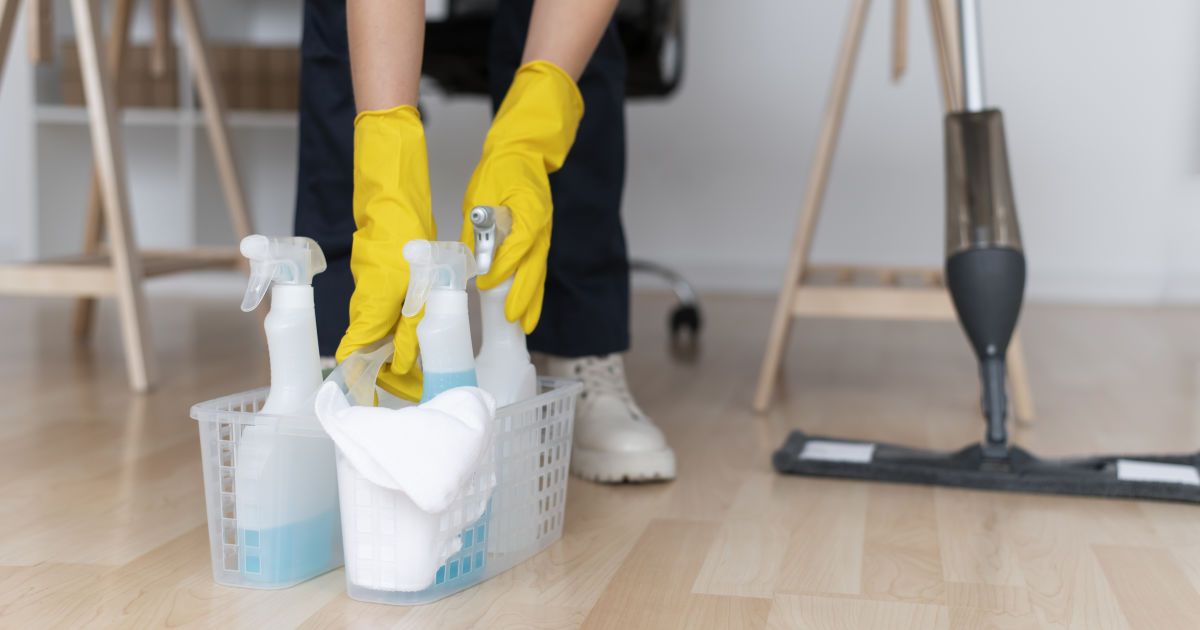The Covid-19 pandemic has forced people to clean their homes more thoroughly, but cleanliness and hygiene are not the same thing.
Too frequent cleaning can harm your health.
Scientists say that contact with microorganisms is necessary for a healthy immune system.
According to them, it helps regulate immunity.
BBC News writes about this with reference to various studies.
Sally Bloomfield, chair of the International Science Forum on Home Hygiene and emeritus professor at the London School of Hygiene and Tropical Medicine, is concerned that the pandemic has forced many people into bad cleaning habits.
For example, obsessively mopping the floor, instead of simply observing proper hygiene, which will help prevent the spread of disease.
"People are obsessed with cleanliness because they see it as a defense against germs. The association of cleanliness with health is embedded in our DNA... During the process of evolution, we developed a disgust reflex that makes us avoid things that are disgusting or smelly," she said.
A survey by the Royal Society of Public Health (RSPH) in Britain found
that getting dirty can be good for your health.
The study says that children who grow up on farms suffer less from asthma and allergies and are less likely to develop autoimmune diseases such as Crohn's disease because they are exposed to a wider variety of microorganisms at an early age that help regulate their immunity.
Graeme Rooke, emeritus professor of medical microbiology at University College London (UCL), says that it's actually contact with non-infectious organisms that have existed for most of our evolutionary history that trains the immune system not to overreact to harmless microbes, rather than childhood infections or house cleanliness.
"We are born with a fully formed immune system that needs programming. Programming is done by 'old friends' (non-infectious organisms - ed.). They teach the immune system not to react to things like pollen and food allergens, which are completely harmless," - he explained.
Another study from 2021 said that babies get all the microbes they need to develop a healthy immune system
through vaccines, the natural environment, and the beneficial microbiota they get from their mothers at birth.
"We definitely need to be in contact with the microbiota of our mothers and the natural environment, and if we don't, it definitely contributes to immunoregulatory disorders like allergies, because these microorganisms create mechanisms that regulate the immune system," Rook emphasized.
Earlier we talked about food allergies in pets: the expert told how to recognize and what to do next.
Read also:
If you are definitely not pregnant: 7 reasons for delayed menstruation
Can vitamins improve your vision: an ophthalmologist answers
Outsmarting dementia: why and how to learn to play a musical instrument in adulthood
